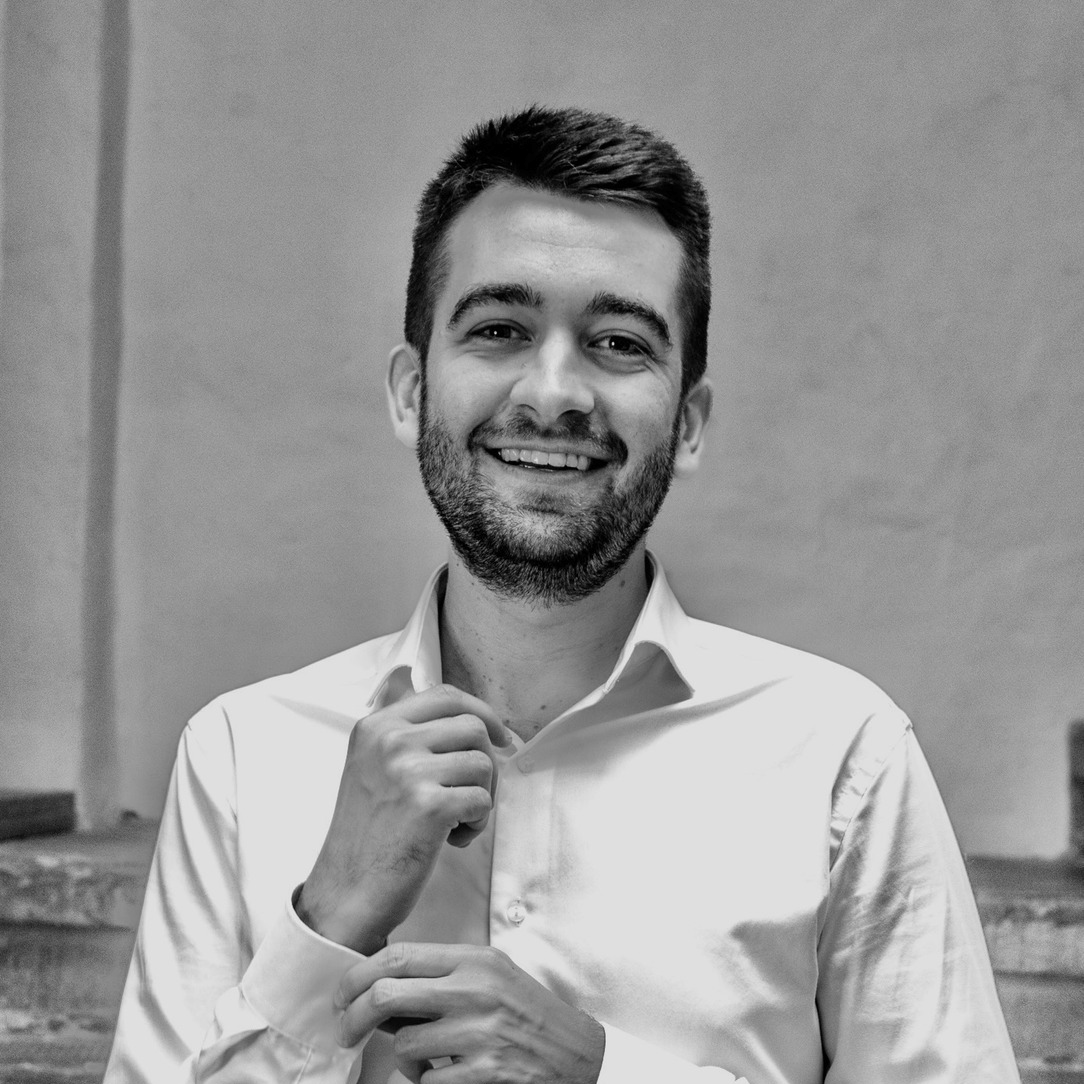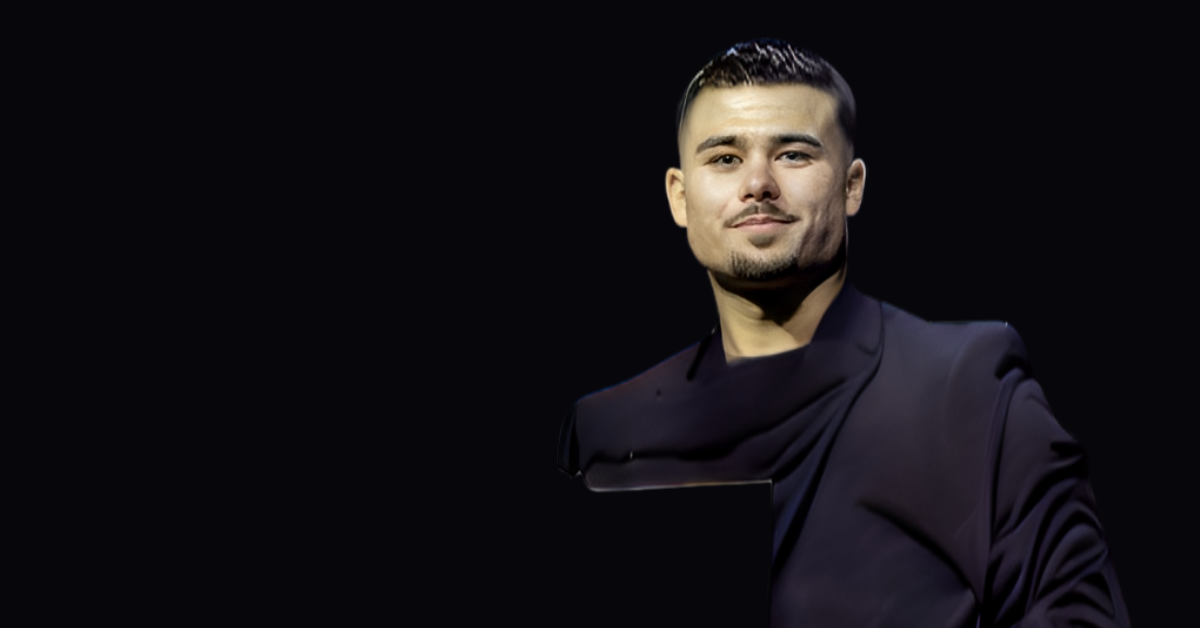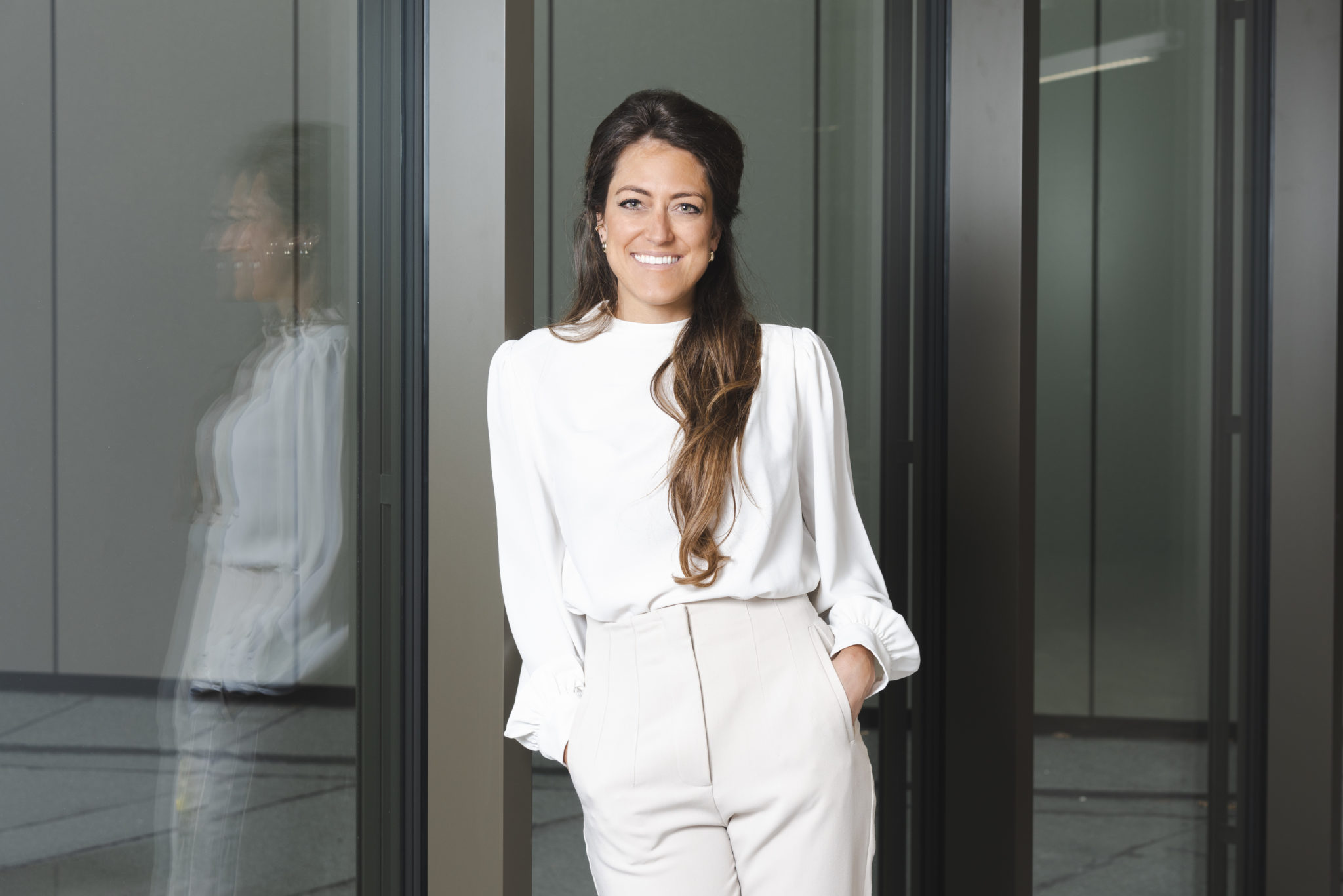Interview
Laurie Barone
Hello Laurie,
A graduate of the École Hôtelière de Genève with honors, Laurie has built a remarkable career path, from the hotel industry to finance, via auditing at PwC. Today, as CFO of Lenz & Staehelin, she embodies a leadership style that combines high standards and benevolence.
In this interview, she shares her EHG values, her international experiences, her time in auditing and her strategic vision of finance.
You graduated from the École Hôtelière de Genève with a very good mark (5.45). What skills and values did you acquire during your training that have subsequently proved useful in your career?
“Above and beyond a good average grade, what I remember most about EHG are the fundamental skills it taught me: rigor, adaptability and a real eye for detail. Working in the hotel and catering industry means learning to anticipate, organize and always strive for excellence in all circumstances – and ideally, without ever losing your smile 🙂. EHG values such as professionalism, respect, a collaborative spirit and sustainable awareness have accompanied me throughout my career. In this profession – as in many others – you never succeed alone. Knowing how to work as part of a team, learning from others and cultivating a positive attitude often make all the difference.
In addition to strong values and mindset, I also acquired a solid technical grounding in payroll, finance and Excel (Mrs Leuba’s courses almost deserve a special mention on my CV – they’ve stayed with me throughout my career).
Finally, customer orientation, in the broadest sense, has taught me to really listen: not just to respond to a request, but to understand, adjust and adapt. This is an invaluable skill, whatever the sector. After several years on the front line auditing corporate accounts and now in the back office, I can confirm that this ability is as essential internally as it is externally.”

You've completed internships in a variety of sectors (Sofitel Westlake in China, Grand Hotel Kempinski in Geneva, Restaurant de la Société Nautique de Genève). What memories do you have of these early experiences, and how did they influence your career choice?
“These internships were an integral part of my school curriculum at EHG. At the time, it was compulsory to do them in establishments in the hotel and catering sector – I’ve now learned that students have more freedom and can do their internships in other industries… a fine evolution! I have excellent memories of these experiences, which were real immersions in very different worlds, each with its own set of lessons and memorable moments. At each new location, I discovered a unique corporate culture, with specific expectations and rhythms that were sometimes diametrically opposed. Above all, what I learned is that the hotel and restaurant business is a world of passion, high standards and constant challenges. Each establishment has its own soul, its own tempo, but the common thread is always the same: uniting talents to offer customers a memorable experience.
These experiences also gave me a clearer idea of my aspirations. While I learned a lot from the operational side of things, I quickly realized that what stimulated me most was understanding the workings behind the scenes: the figures, the strategy, the overall mechanics of an organization. These experiences were therefore decisive in my orientation towards a more analytical path – without ever losing sight of what’s essential: people.”
It's often said that working abroad changes you. What did you take away from your experience at the Sofitel in China? A habit, a memory, or even a tip that you still use today?
“My experience as Guest Relation at the Sofitel in Hangzhou, although brief, was extremely intense and rewarding. The culture and way of working there are very different, and I quickly realized that I had to relearn everything and put aside what I’d previously learned professionally. Norms and codes are so different from those in Switzerland that I quickly developed a keen sense of openness and adaptability. I haven’t really brought back any particular habits or tricks from my experience in China, but I’m happy to share a little anecdote.
As a Eurasian, it wasn’t always easy to find my place. The hotel’s Chinese guests addressed me in English, while the foreign tourists tried to converse in Chinese. Imagine me standing in the middle, trying to figure out which language to answer in without offending anyone. There were even times when I overheard customers conversing in French or Italian, and I found myself juggling the idea of pretending not to understand or, on the contrary, jumping into the conversation. It was a real game of linguistic musical chairs!”
You joined PwC as an auditor, progressing from Assistant to Senior to Assistant Manager. What challenges have you encountered in auditing, and what has motivated you most in these demanding roles?
“Evolving at PwC as an auditor has been a real obstacle course… but the kind I’ve loved! Each stage of my career has presented me with a variety of challenges that have helped shape my skills and approach to work.
Auditing is both challenging and demanding. Right from the start as anAssistant, I was faced with tight deadlines, daunting volumes of data and the need to quickly understand complex business environments. Working on several assignments simultaneously while ensuring that every detail is scrupulously checked requires impeccable organization and a mind of steel. I’ve learned to juggle numbers and priorities, sometimes with the same dexterity as a pastry chef at the height of the holiday season!
What motivated me most was the constant learning curve and the diversity of the assignments. Each audit is unique, and each customer has its own specificities, which demands rigor, analysis and adaptability. I also appreciate the collaborative aspect of the job. Working in dynamic teams and interacting with professionals from all horizons is enriching, as is managing pressure while maintaining a high level of quality. Helping companies navigate complex financial processes and improve efficiency is extremely rewarding. Every final report, every finding leading to a recommendation, represents a step towards improvement for my customers – and a small victory for me! Moving from Senior to Assistant Manager was a key step, involving more technical responsibilities and a mentoring role for the teams. This transition has enriched me a lot on both human and managerial levels.
And then there are the moments of camaraderie within the team: nights spent working together to meet a deadline, interspersed with jokes and unlimited coffee (or other dubious beverages), have created unforgettable memories. These experiences taught me that a good sense of humor is the ideal ally, even at the most stressful times.”
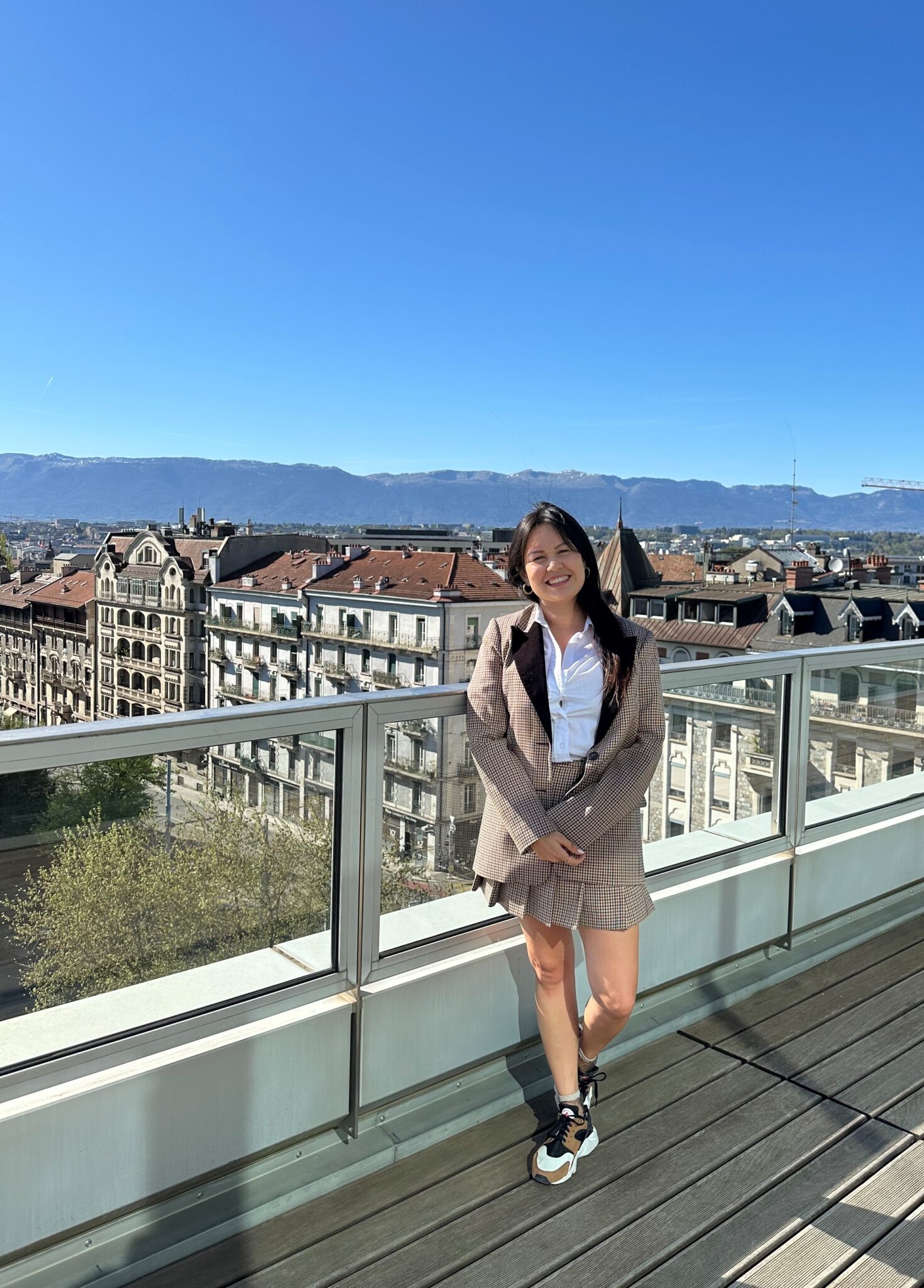
You've managed audits in a variety of sectors, from social insurance to hotels. How have you adapted your auditing skills to these different industries?
“Audit work remains relatively similar, even if the financial statement headings vary from one industry to another. Each new assignment is an opportunity to discover new processes, specific rules and standards, and new challenges too, which is both rewarding and satisfying.
Adaptability has been essential in my approach: understanding the particularities of each sector, identifying the risks specific to each activity and adjusting my methodology and audit approach accordingly. For example, in the hotel industry, the focus is on revenue management, operating costs and site performance.
In the social insurance sector, on the other hand, audits are more focused on regulatory compliance and asset management. What remains constant is rigorous methodology, professional judgment and critical analysis. You learn to ask the right questions, in the right way and to the right person. This allows me to go beyond the numbers to grasp economic reality and provide recommendations tailored to each customer’s specific challenges.”
What specific lessons and skills in auditing and team management have you acquired during your time at PwC? Is there any advice you would give to young graduates wishing to enter this field?
“My experience at PwC was incredible both in terms of technical knowledge and the human adventure shared with my colleagues, with whom I shared workweeks ranging from 60 to 80 hours . 🙂.
I had the opportunity to develop several customer skills, including :
- Analysis and critical thinking: going beyond the numbers to understand the real implications of financial data.
- Time management and prioritization: between tight deadlines and high expectations, it’s crucial to learn how to be efficient and organized.
- Communication and diplomacy: explaining technical points clearly and convincingly is essential, whether to customers or internal teams.
- Leadership and team management: I learned how to coach juniors, delegate tasks and motivate teams, an invaluable learning experience for the rest of my career.
My advice to young graduates would be: if you’re not afraid of the workload and you’re keen to learn, go for it without hesitation. Auditing is a formative experience that offers a cross-functional view of companies. I was lucky enough to be able to study for my chartered accountancy diploma at the same time as my work, which also enabled me to acquire solid technical knowledge. A spell in the Big 4 is an excellent experience, opening many doors, whether in finance, consulting or management.
And above all, keep a good dose of humor and light-heartedness at times: the accounting closing period (the famous “busy”) is always easier to manage with a good team spirit and… good croissants shared with colleagues! As a former manager once said, we must never forget that in the end, “we’re not saving lives” and that our work isn’t that important or urgent.”
What are the biggest differences you've observed in moving from an external audit role at PwC to a corporate finance management position?
“When I was an external auditor, I changed team, client and location almost every week. Even though one assignment might not be as enjoyable, I knew that a new experience was waiting for me the following week. In my current job, the activity is more stable and recurring. Every year, I have a fairly similar schedule and I know when we’re closing our books, preparing the budget and so on.
This “routine” enables me to get to know my environment better, to anticipate and improve every task and aspect of my day-to-day work. Moving from external auditing to a corporate position is a real change of perspective. In auditing, my role was that of observer and analyst: I checked the accounts, identified risks and asked questions, while staying out of day-to-day management.
At L&S, on the other hand, I’m now directly involved in financial and strategic decisions. One of the biggest differences is the long-term vision. In auditing, assignments are one-off and focused on validating financial statements at a given date. In business, it’s essential to think in terms of planning, forecasting and optimizing resources over the medium and long term. It’s no longer enough just to analyze the figures, you also have to influence them.
Another major difference is the relational approach. In auditing, although I collaborated with many clients, interactions often remained formal and limited in time. In the corporate world, I build lasting relationships with the various internal teams I come into contact with on a daily basis.
In short, moving from auditing to corporate finance means evolving from an external analysis role to that of strategic decision-maker. It’s an exciting challenge that demands rigor, vision and leadership.”
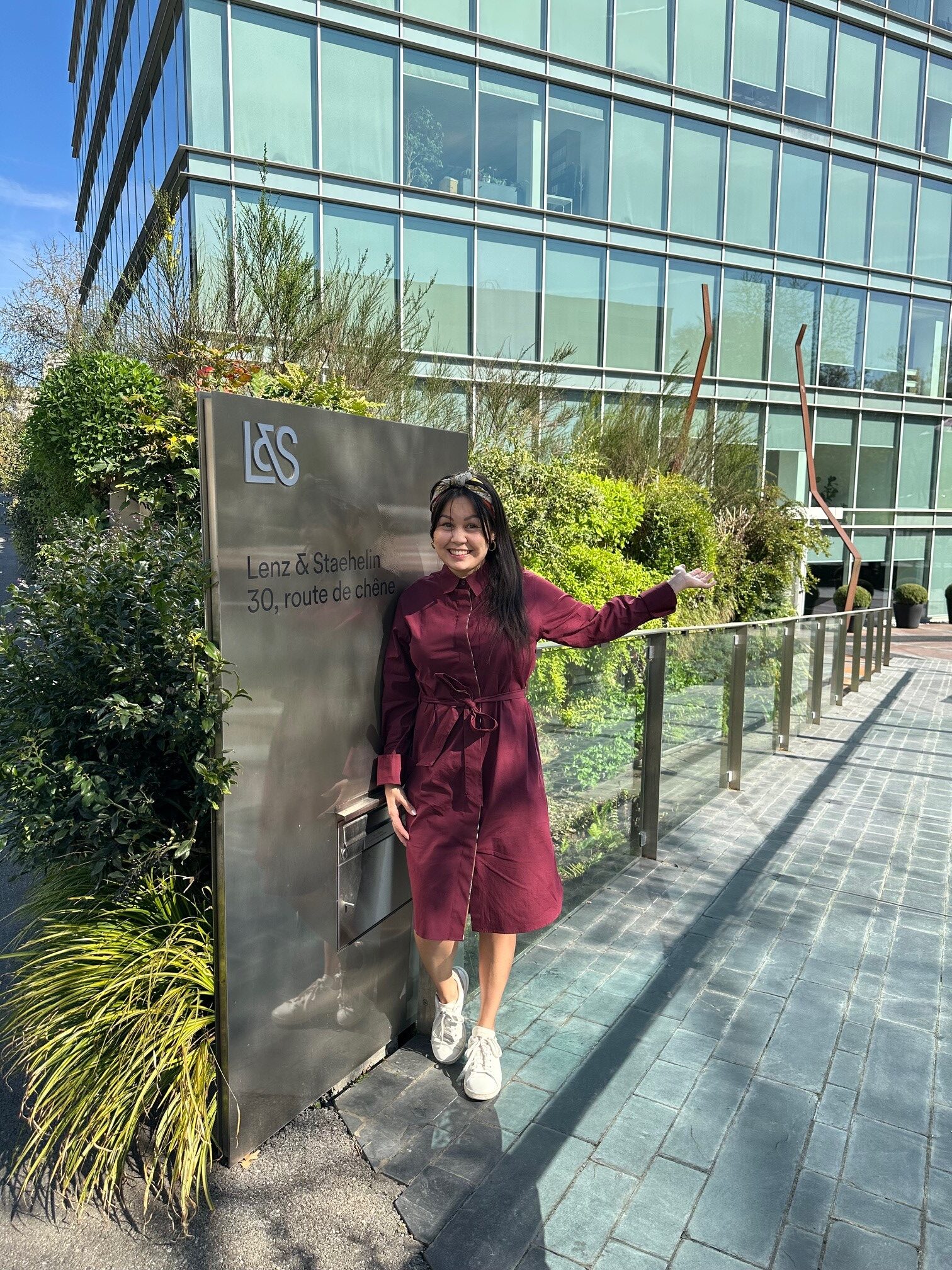
Your career path shows great adaptability and a constant commitment to progress. What are your sources of inspiration, or figures who have influenced you in your career?
“I think my career path is a reflection of my personality: I’m a positive, motivated person who’s always ready to discover new things. I don’t see myself as a careerist at all; I remain the same person at all times, whether in or out of the office.
I value humanity, transparency and loyalty. In general, I like to give the best of myself in order to continually progress. Whether in my work or hobbies (sport, music, etc.), I always aspire to improve. I don’t have any particular figures who have influenced my career, but I draw great inspiration from every encounter.
I enjoy mixing with people from different cultures and backgrounds, and draw inspiration from the positive qualities I can observe in each of them. With my three origins (Swiss, Italian and Chinese) and grandparents from three different religions (Protestant, Catholic and Buddhist), I’ve always enjoyed traveling and discovering. Whether it’s languages, cuisine or ways of behaving and dressing, I can easily adapt to any environment.
What’s more, I’ve evolved in relatively masculine environments, whether it’s being a soccer fan since childhood or working in the financial sector. This taught me to observe codes and integrate quickly. In short, my experiences and the people I meet inspire me on a daily basis, and it’s this diversity that enriches my vision of the world and my career.”
If you could give one piece of advice to “Laurie” starting out as an accounting trainee, what would you say in two sentences?
“I don’t really have any advice for this Laurie, as she has often weighed up the pros and cons in order to make the right decisions. But maybe I’d whisper in her ear, “dare, go for it and don’t be afraid to step out of your comfort zone – that’s where you learn the most.”
I would also advise all young students and graduates to choose their first employers with their aspirations and values in mind. It’s essential to ensure that they enjoy their work, while remaining open-minded to different industries. Professional opportunities can often be surprising and rewarding, even if they don’t necessarily match any preconceptions we may have.”
Finally, what are your future plans or goals, both professionally and personally?
“I just graduated from an EMBA (Executive Master of Business Administration) at the end of last year, and at the moment I don’t have any specific plans apart from getting back into a slightly more normal work rhythm. 🙂.
But knowing me, it won’t be long before I find other challenges, be they sporting, academic or otherwise. Professionally, I want to continue to develop in strategic roles where finance is not just a support function, but a lever for transformation and growth.
I also aspire to accompany and train the new generation by sharing my experience and offering them the keys to blossoming in this demanding field. On a personal level, I like to make time to travel and discover new cultures, as this represents an infinite source of learning and inspiration.
Who knows, maybe one day I’ll embark on an entrepreneurial project that combines finance and catering… after all, the best adventures often start with a slightly crazy idea!”
Through her exemplary career, Laurie Barone reminds us that a successful career is built not only on technical skills, but also on humility, curiosity and a real passion for people.
Thank you, Laurie, for taking the time to reflect on your career path, your apprenticeships, your challenges and your aspirations. Your enlightened view of finance, management and transmission is a true source of inspiration for students, recent graduates… and far beyond.
We wish you every success in the pursuit of your projects – both professional and personal – and have no doubt that you will continue to chart your course with the same energy and elegance.


